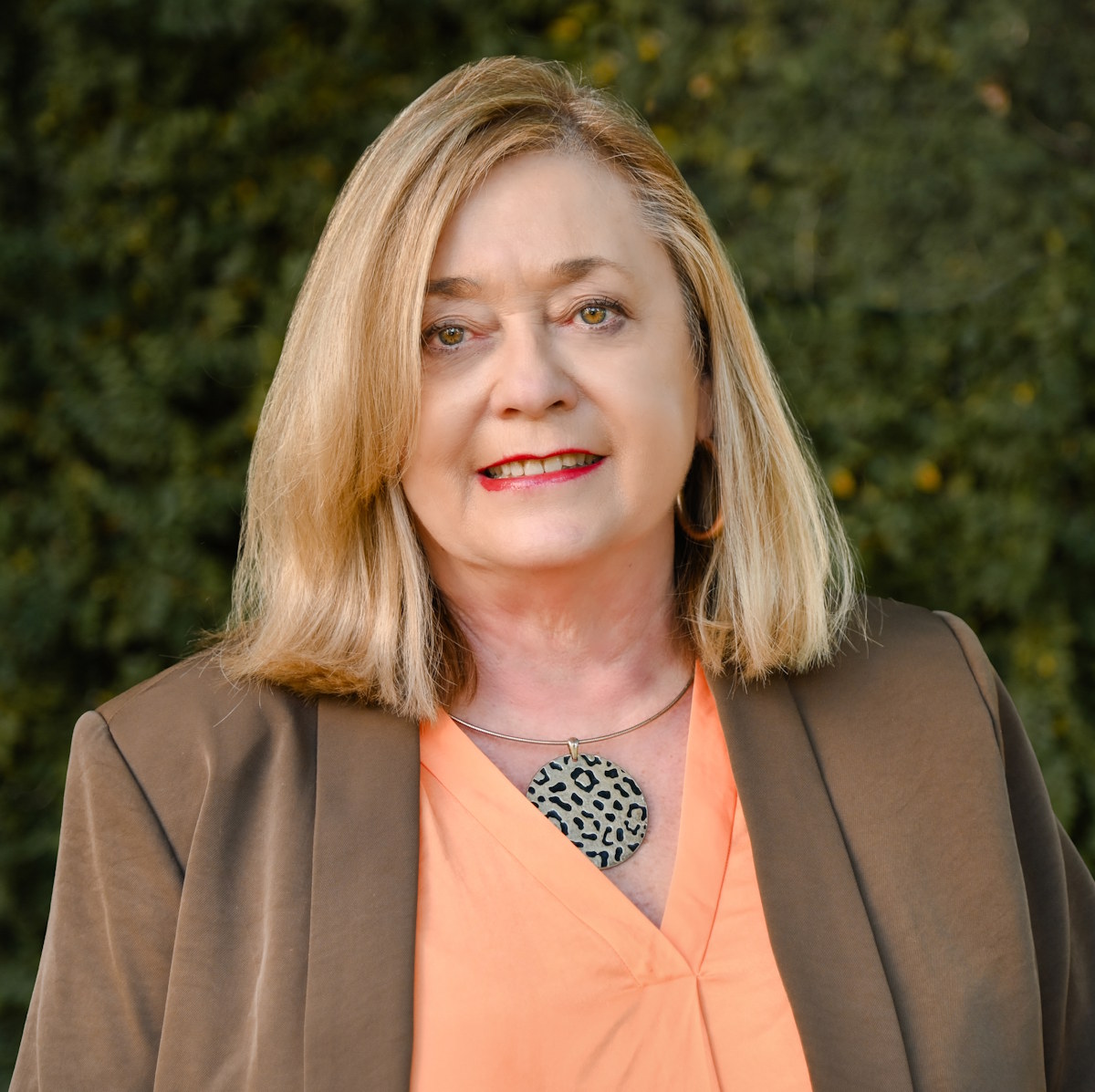
50 Careers for 50 Years
Fifty public health alumni reflect on their educational journeys and the impacts they’ve made across communities, countries, and the world.
November 12, 2025 | Erin Bluvas, bluvase@sc.edu
A native South Carolinian from Johnston, Myra Reece was interested in science for as long as she can remember and majored in microbiology, knowing that it could serve as a bridge to medical or dental school. After graduating from Clemson, she worked in a research lab at the Medical College of Georgia’s School of Dentistry and then at the College’s School of Medicine in a lab that received funding to support the U.S. Army.
“We were looking at some really interesting things – isolating the protein, fibronectin, in the blood to develop an ointment that would speed up wound healing and help troops get back on their feet sooner,” Reece says. “I loved the applications of this work and felt like it was preparing me for a career in medicine.”
After five years in the labs, Reece was approached by the South Carolina Department of Health and Environmental Control (DHEC). The local regional office in Aiken was struggling to find a qualified microbiologist to lead their environmental sciences lab.
The position would be quite a change for Reece, so she turned it down four times before agreeing to their fifth offer to make the move to DHEC. The opportunity coincided with a pivotal national emphasis on environmental science and public health.
“Environmental protection was starting to be seen not just as the right thing to do, but also as a critical component of public health,” Reece says.
With her strong science educational background and experience, Reece was able to contribute to DHEC’s mission by providing high-quality data that was used for important decision making. Her data-producing lab work prompted a new interest in other aspects of environmental science and when the air quality manager position opened for the Aiken office, she took on the role – excited to expand her skill set.

“Air quality is a very complex program, and I was thrilled to be a part of the efforts to carry out initiatives like the implementation of the Clean Air Act in our state,” says Reece, who has gone on to serve in several leadership roles for the Clean Air Act Advisory Council at the national level. “It was at the time and still is one of the most impactful environmental public health laws in U.S. history, and its implementation has successfully prevented countless premature deaths. The resulting cleaner air has significantly decreased respiratory illness both in our state as well as nationally.”
Working in air quality, Reece interacted with the EPA on a regular basis, and one of their staff members suggested that she join the agency’s fellowship program, which aimed to build capacity at the state level by training state regulators. The program included tuition for a master’s degree in the field and USC’s School of Public Health (renamed for Norman J. Arnold in 2000) offered the perfect path.
The Department of Environmental Health Sciences had only been offering their Master of Public Health degree with an emphasis on hazardous materials for a couple years when Reece applied. “I thought, ‘how lucky am I to be part of this EPA fellowship program, and to attend one of the premier schools of public health right here in Columbia,’” she says. "Undergraduate curriculum teaches the basics, but taking courses in toxicology, hazardous waste, and ground water as a graduate student further broadened her interests. “Things started connecting for me and I looked for new opportunities in which I could best apply this new knowledge to solving problems and protecting public health and the environment.”

Professors like Geoff Scott, who currently chairs the department, started out as an academic advisor and mentor and continues to be a collaborative partner. Because she was working for DHEC while attending the School of Public Health, there was no shortage of real-world environmental public health issues for the two of them to discuss. Fast forward to today, Scott and several other faculty members serve on multiple SC Department of Environmental Services (successor agency to DHEC) advisory boards.
“I was already passionate about my work, but Dr. Scott magnified the passion that I had and helped me understand the importance of the work that we do,” Reece says.
In 1991, Reece became one of the first non-engineers to be named Director of a Regional Office. She led Aiken’s office until 2004 when she was recruited to headquarters to serve as Bureau of Air Quality Chief. In this role, she directed statewide implementation of complex air quality legislation, including EPA’s Risk Management Planning, state and federal asbestos regulations, the Toxic Substances Control Act as well as complex air permitting, compliance and enforcement requirements of the Clean Air Act.
Reece led air quality efforts statewide for the next decade until she was selected as Director of Environmental Quality Control (which later became Environmental Affairs) in 2016. She served as president of the national Environmental Council of States while in this position and remains an active member of this critical organization.
Reece served as Environmental Affairs Director until 2024 when DHEC reorganized into two separate agencies: the Department of Public Health and the Department of Environmental Services (SCDES). After serving as interim director of SCDES for several months, she was nominated by Governor Henry McMaster and confirmed by the SC Senate as the first Director of the agency earlier this year.
Reece says she has used her Arnold School degree every day since she completed it in 1993.
“I really do think that because of my experience and educational background that I see challenges and opportunities from many perspectives, and that helps me to be relatable to the wide variety of stakeholders we have as an environmental agency,” she says. “Having experience on the frontlines, working with communities and regulated entities alike has prepared me for my roles and increasing responsibilities.”
Reece also stresses the importance of continuing to partner with the Arnold School. We have always had a close relationship, but she sees the school as one of the agency’s key collaborative partners. Evidence of our collaborative nature can be seen in faculty participation in multiple advisory committees (e.g., wastewater/drinking water/community engagement /community resilience) as well as the hiring of student interns and graduates.
“The caliber of interns and the programs currently offered by the Arnold School is a tremendously positive reflection on USC,” she says. “Students can contribute from day one related to data analytics, policy research, our dam safety program, and more. Our goal is to find opportunities for them to continue to work with us after their graduation in various environmental protection programs.”
“I am proud to be a part of the Arnold School of Public Health family,” Reece adds. “I know that all faculty, staff and alumni work hard every day to positively represent the school as we work collaboratively to earn the confidence of all of our communities and many stakeholders. We have important environmental issues and challenges before us.”
Reece is a Certified Hazardous Materials Manager and a graduate of the Management Academy for Public Health at the University of North Carolina at Chapel Hill as well as the Southern Center of Excellence in Environmental Health at Emory University. She currently serves as Chair of WaterSC and is a past president of the national Environmental Council of States.

Fifty public health alumni reflect on their educational journeys and the impacts they’ve made across communities, countries, and the world.

Each month, we're telling the stories of alumni, faculty, and leaders whose unique perspectives shed light on the Arnold School across its five-decade history.

Join us as we celebrate the school’s 50th anniversary with guest speakers, symposia, feature stories, and anniversary events for students, alumni, faculty, staff and friends.